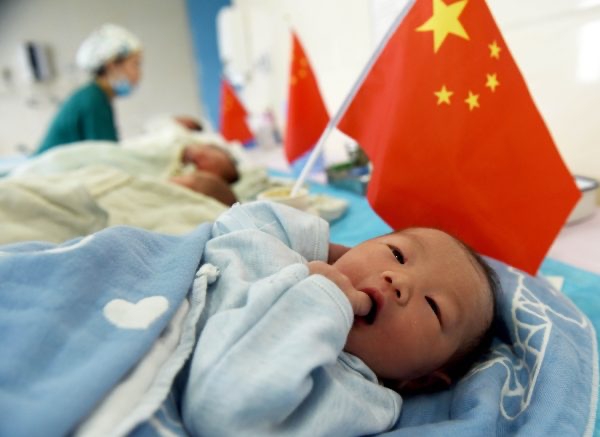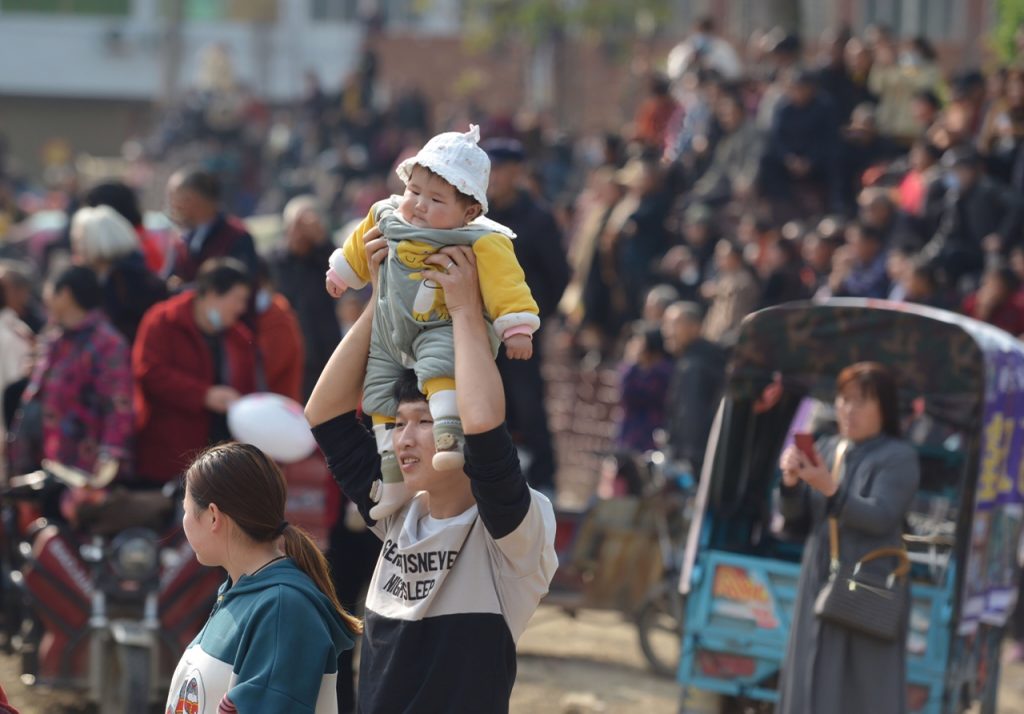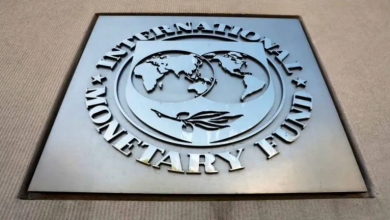
As part of its national insurance program, China intends to provide free fertility treatment to citizens in an effort to stem the country’s alarmingly low birth rate.
The National Healthcare Security Administration announced that it will expand its insurance to cover expenses for for families trying to conceive.
The administration emphasized that it had already included ovulation-inducing medications in its coverage in order to “reduce the burden of infertility” and cited China’s declining population as one of the major barriers to national growth.
The extended coverage is a part of a larger initiative by Chinese officials to encourage more individuals to get married and have more children.
The country’s birthrate has been falling for years and last year the country recorded its first population decline in more than 60 years.
According to Chen Wei, a professor at China’s Renmin University, an increasing number of Chinese women are delaying marriage and opting not to have children, frequently citing financial constraints and the need to pursue professions.

Chen also stated that options that cover expensive procedures like IVF may assist to reduce some of these pressures.
As of June 2021, China has 539 medical facilities that were ART-approved and 27 sperm banks. These facilities support more than one million IVF cycles annually, according to experts at the nation’s National Clinical Research Center for Obstetrics and Gynecology.
In a country where unwed mothers still experience stigma, Chinese officials are likewise attempting to lift prohibitions on registering the births of children born to unmarried parents.
With nearly 83 million residents, Sichuan’s provincial health commission said in February that it will permit single parents to register the birth of their children, giving them access to benefits that were previously only available to married couples.
Among these benefits was maternity insurance, which pays for prenatal care, childbirth-related medical costs, and paid maternity leave.
Author-Roberta Appiah





